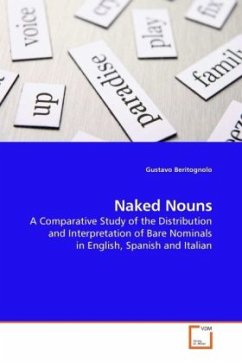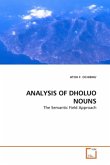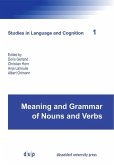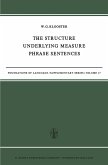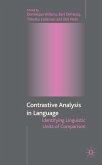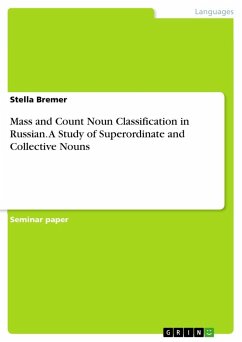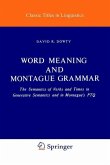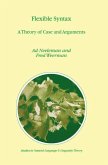This study deals with the behavior of bare nouns phrases in English, Spanish and Italian. We have observed that Spanish bare nominals parallel their English counterparts with respect to their semantics in that they exhibit two types of interpretation, the generic one and the existential one, unlike Italian bare NPs, which display just one type of construal, namely the existential one. On the other hand, Spanish bare nominals resemble their Italian counterparts from a syntactic point of view in that they present licensing restrictions: bare nominals in both Romance languages in question are not allowed to appear in any position and with any type of predicate. The phase structure of bare NPs presents differences in each of the three languages and these differences play an account in the behavior and distribution of bare nominals.
Bitte wählen Sie Ihr Anliegen aus.
Rechnungen
Retourenschein anfordern
Bestellstatus
Storno

